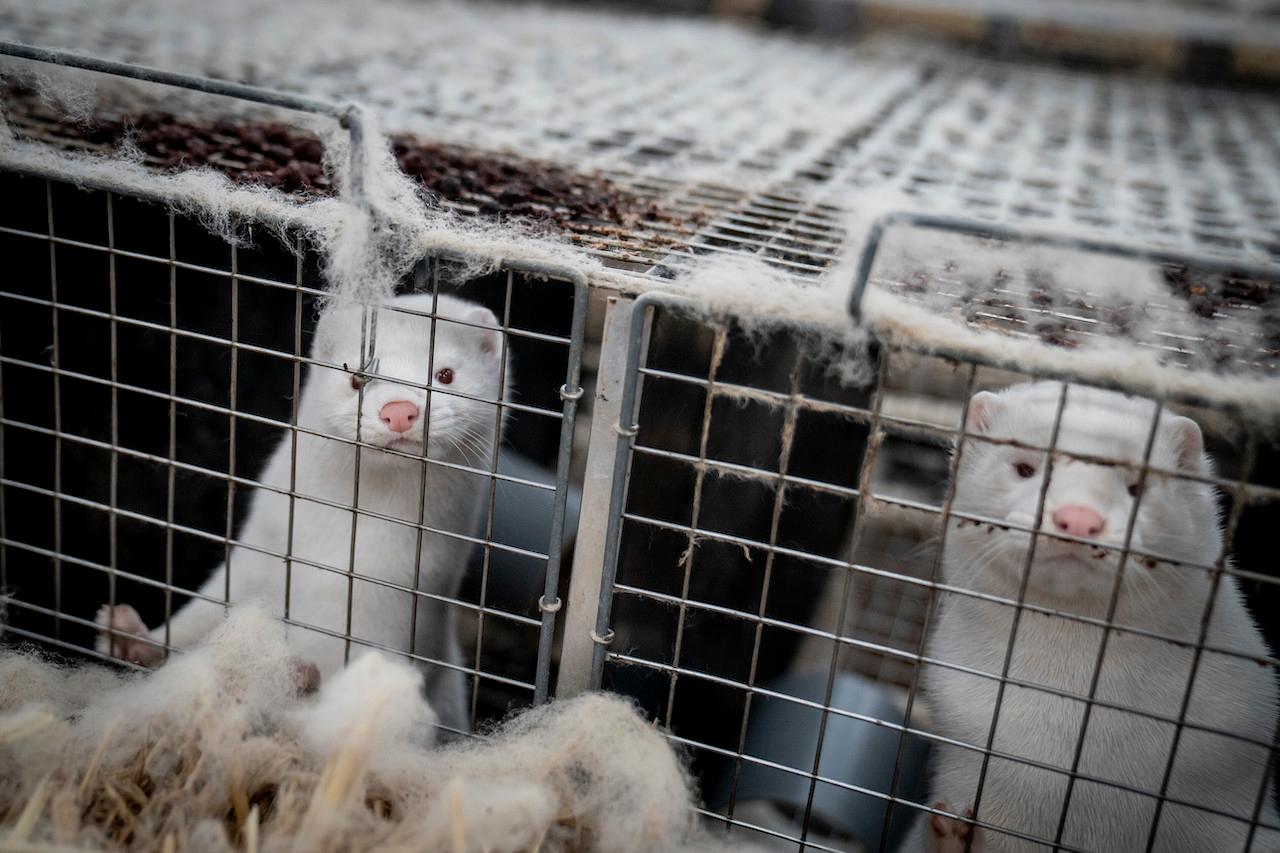Zombie mink rise from the grave after Danish cull
Countless mink have been slaughtered and buried in shallow graves which cannot contain them as they decompose.
Just In
Culled mink infected with a mutated strain of Covid-19 in Denmark are rising from their graves, sparking national horror and calls from local officials to cremate all mink carcasses.
While the sight itself is certainly terrifying for the residents of West Jutland, a region grappling with Covid-19 cases connected to mink, there is a scientific explanation for the zombie-like rising from the grave.
A Danish police spokesman said that gases form while the bodies decay in the grave. “In the worst cases, the mink get pushed out of the ground by the gases,” he said.
Countless mink were slaughtered and dumped in makeshift mass graves after they were found to be carrying a mutated Covid-19 strain earlier this month, according to Agence France-Presse. The government ordered the cull of all 15 million mink in Denmark, which produces 40% of the world’s mink fur.
In the rush to dispose of them, they were buried just one metre deep. Officials plan to bury them in graves nearly twice as deep from now on.
But for some locals, that may not be enough. Many are concerned about the graves’ proximity to rivers and other water sources and the possibility of contamination of water supplies in the region. At least two mayors have suggested burning all the mink corpses in order to prevent further concerns, the Danish newspaper Jyllands-Posten reported.
“The authorities are playing with our environment and using it as a dumping ground,” Leif Blogger, a local politician, told the newspaper.
The cull has also claimed at least one two-legged victim. Denmark’s minister for food and agriculture resigned last week after the government admitted it did not have the right to order the cull.
Subscribe to our newsletter
To be updated with all the latest news and analyses daily.
